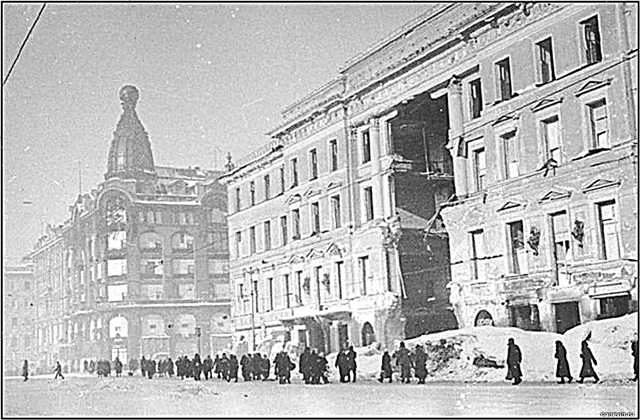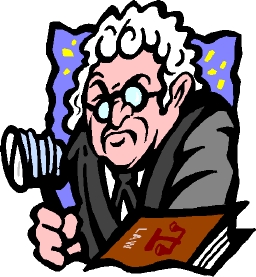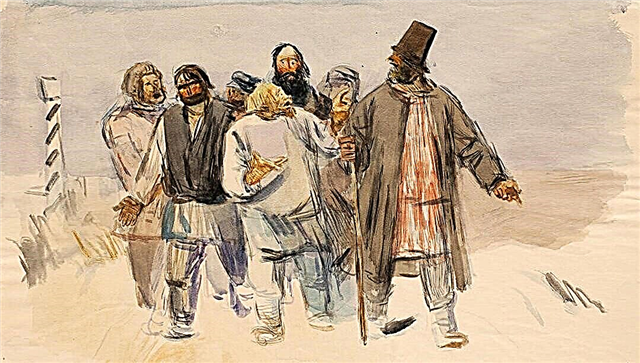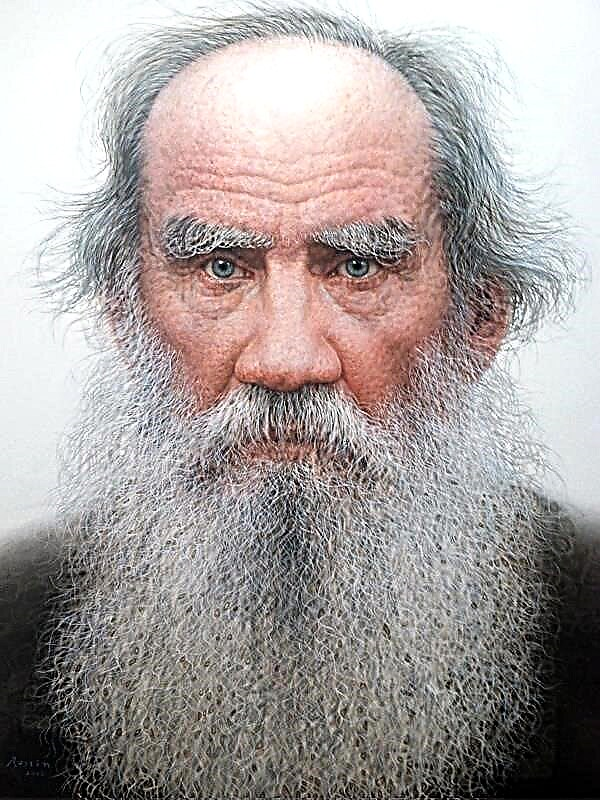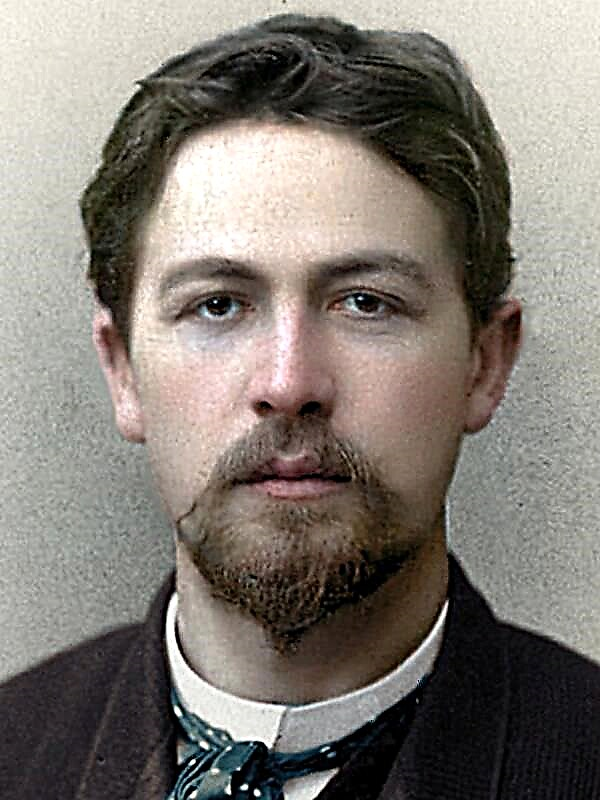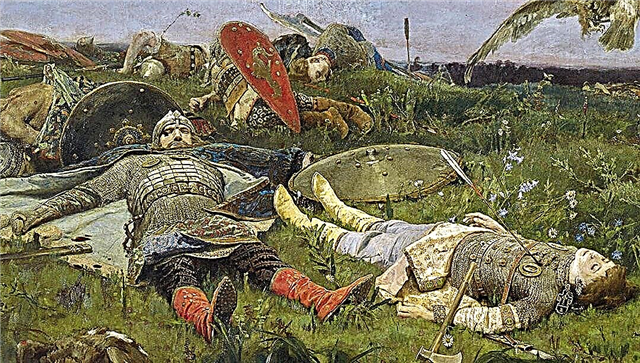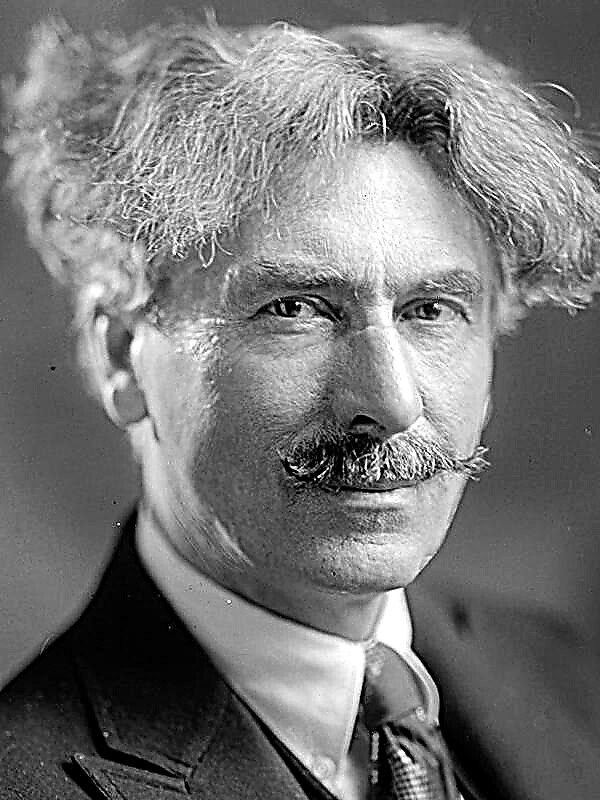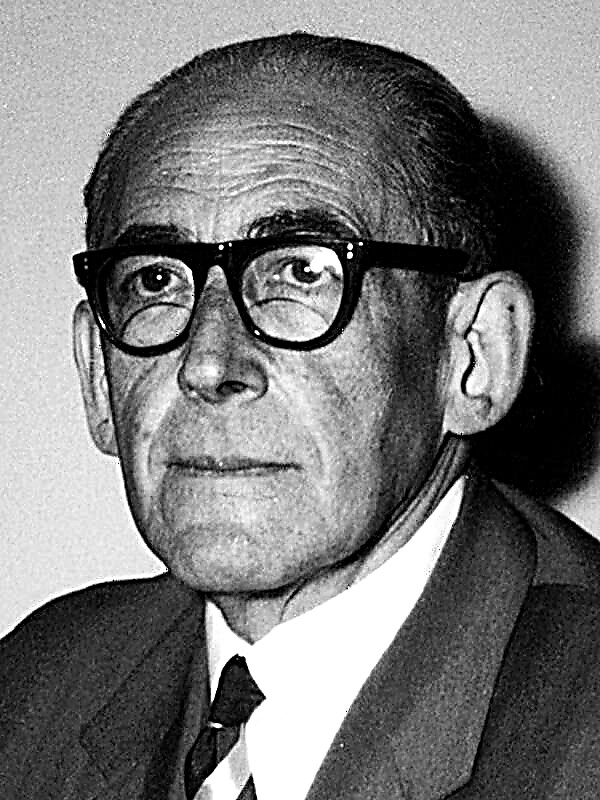In this collection of arguments, we have concentrated our attention on all the most problematic aspects of the “Motherland” semantic block. In many texts, in preparation for the exam, the corresponding problems are raised. All literary examples are available for download in the form of a table, a link at the end of the article.
Love to motherland
- Through everything creativity of Sergey Yesenin the theme of love for the motherland is clearly traced. His poems are devoted to Russia. The poet himself admitted that without a high feeling experienced in relation to his country, he would not have been a poet. In difficult times, Yesenin writes the poem “Russia”, where he shows Russia from the dark side and at the same time he writes: “But I love you, a meek motherland! And for what - I can’t solve it. ” The poet is confident that homeland is what is especially important in human life. All these rivers, fields, forests, houses, people - this is our home, our family.
- Ody M.V. Lomonosov, a great Russian scientist, inventor and poet, overflowing with love for his homeland. The writer always admired the nature of Russia, believed in the minds of the people, worshiped the greatness and wisdom of Russian tsars and emperors. So, in an ode dedicated to the accession to the throne of Elizabeth Petrovna, Lomonosov shows and convinces the empress in the strength and power of her people. He lovingly depicts native expanses and proudly declares: "What can own Platonians and quick reason Nevtonov Russian land give birth to."
The importance of patriotism
- The theme of the Motherland is clearly visible in the work N.V. Gogol "Taras Bulba". The main character is the father of two sons, Ostap and Andria, with whom he fights for the independence of his country, trying to free himself from the Polish invaders. For him, homeland is something sacred, something that cannot be encroached on. When Taras Bulba finds out that his own son has switched to the enemy side, he kills him. At this moment, he takes the life of a non-native person, he punishes the traitor. Such an act speaks volumes. As a result, Taras himself also perishes, saving his comrades and sacrificing himself for the sake of saving his country. If he did not do all this, his people would cease to exist.
- A.S. Pushkin, one of the greatest poets of Russia, always worried about the fate of his homeland. In his work, one can notice discontent with tsarist tyranny. The poet angrily describes the serfdom. As, for example, in a poem "Village": "Here the nobility is wild, without feeling, without law." And at the same time, despite all the pain from the thought of an unfair attitude towards serfs, Pushkin loved his homeland. He describes the beauty of nature with special tenderness and treats his culture with trepidation. In the poem "Sorry, faithful oak forests!" he literally says that he is ready to leave his heart in his native places.
The value of the homeland in human life
- Soviet prose writer B. N. Polevoy in the work "The Tale of a Real Man" writes about the difficult fate of the Soviet pilot. The main character - Alexei Meresyev, having managed to survive the amputation of both legs, returns to war to defend his country from the Nazi invaders. It would seem that it is almost impossible to recover from such a tragic event. However, Meresyev is back in service. Not the last role in this was played by his thoughts and memories of his relatives, about the house, about Russia.
- The writer N.A. Nekrasov had the deepest feelings for Russia. He believed that the homeland plays an important role in human life. Moreover, for the writer, the fatherland is the people themselves. This idea is well traced in the epic poem. “Who needs a good life in Russia”. In his work, Nekrasov describes the country as it was in his time - a beggar and exhausted. In such an environment, the main characters of the work are trying to find happiness. In the end, they find him helping others. It was in the people themselves, in the salvation of their homeland.
- In a global sense, the homeland is all that surrounds us: family, country, people. They are the foundation of our existence. Awareness of unity with the home country makes a person stronger, happier. In the story of I.A. Solzhenitsyna "Matryonin Dvor" for the main character, her house, her village mean much more than the same for her neighbors. Native places for Matryona Vasilyevna - this is the meaning of life. Her whole life passed here, these parts contain memories of the past and of loved ones. This is all her fate. Therefore, the old woman never complains about the poverty and injustice of the authorities, but honestly works and finds the meaning of being in helping all those in need.
- Everyone sees in the concept of "homeland" something of their own: home, family, past and future, the whole nation, the whole country. Speaking of this, one cannot help but recall one of the oldest monuments of Russian literature - "The word about Igor's regiment". The author literally in every line refers to the Russian land, to nature, to the inhabitants of our country. He talks about the beautiful land with its fields and rivers, with hills and forests. And about the people living in it. The author of the "Word ..." tells the story of Igor’s campaign against the Polovtsy in the struggle "for the Russian land." Crossing the border of Russia, the prince for a minute does not forget about his homeland. And in the end, this memory helps him to come back alive.
Life in exile
- Far from our home, we always yearn. It doesn’t matter for what reasons a person may not be in his own country, it doesn’t matter how well he lives there - longing still possesses his heart. So, in the work of A. Nikitin "Walking over three seas" tells about a brave Russian traveler who has traveled to different parts of the world. From the Caucasus to India. The merchant saw many foreign beauties, admired many cultures and customs. However, in this environment he constantly lived only with memories of his native land and was very homesick for his homeland.
- Alien culture, other customs, a different language over time lead a person abroad to a feeling of nostalgia for his homeland. In storybooks N. Taffy "Russia" and "Town" the author recreates the life of emigrants. Our compatriots are forced to live in a foreign land without the opportunity to return back. For them, such an existence is only “life over the abyss”.
- While in exile, many Russian writers and poets confessed their love for their homeland. So, and I. A. Bunin longingly recalls the native expanses. In the poem "The bird has a nest, the beast has a hole... "the poet writes about his land, about the house, about the place where he was born and raised. These memories overwhelm the work with a sense of nostalgia and help the author return to those happy moments.

